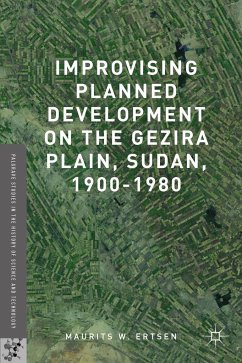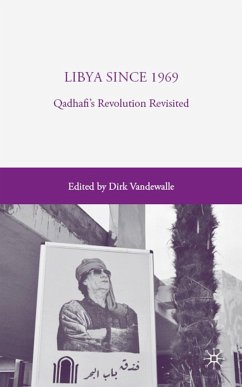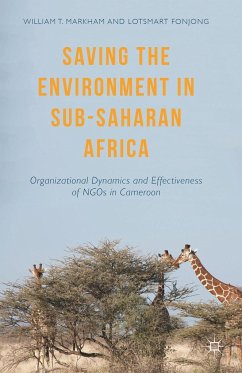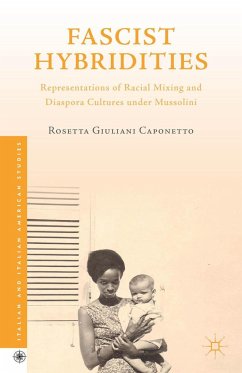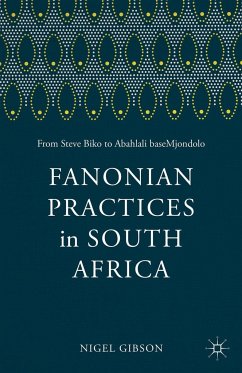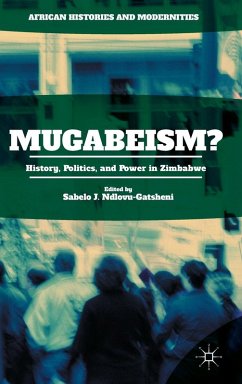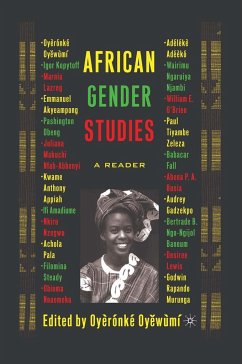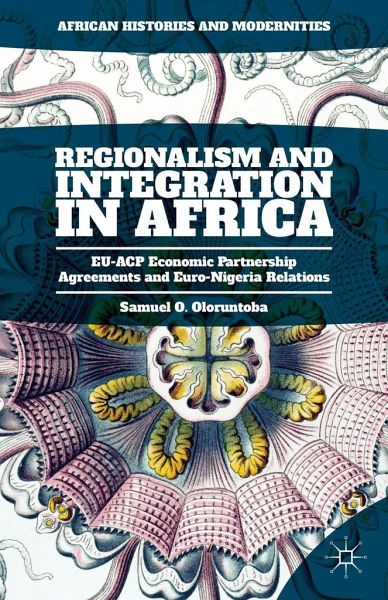
Regionalism and Integration in Africa
Eu-Acp Economic Partnership Agreements and Euro-Nigeria Relations

PAYBACK Punkte
19 °P sammeln!
The resurgence of regionalism is borne out of the current political logjams that have characterized the governance and operations of multilateral trading system over the past one decade and a half. Oloruntoba critically examines Euro-Nigeria relations within the context of the Economic Partnership Agreements in terms of the political and economic implications of the agreements on Nigeria's non-oil exports sub-sectors. Set within one of the main objectives of the Economic Partnership Agreements, he also interrogates the prospects and challenges of regional integration in Africa under the regime...
The resurgence of regionalism is borne out of the current political logjams that have characterized the governance and operations of multilateral trading system over the past one decade and a half. Oloruntoba critically examines Euro-Nigeria relations within the context of the Economic Partnership Agreements in terms of the political and economic implications of the agreements on Nigeria's non-oil exports sub-sectors. Set within one of the main objectives of the Economic Partnership Agreements, he also interrogates the prospects and challenges of regional integration in Africa under the regime of transnational accumulation, which the Economic Partnership Agreements represents.





